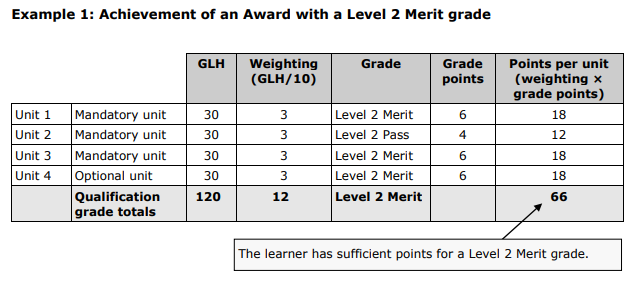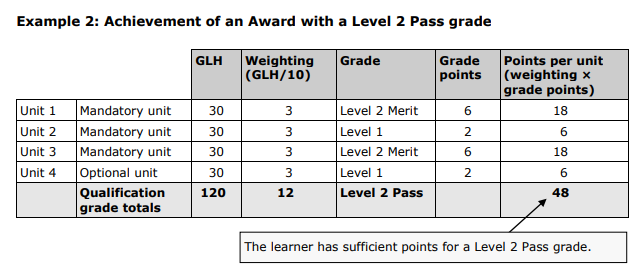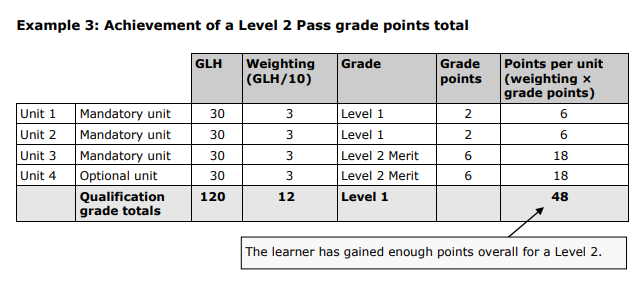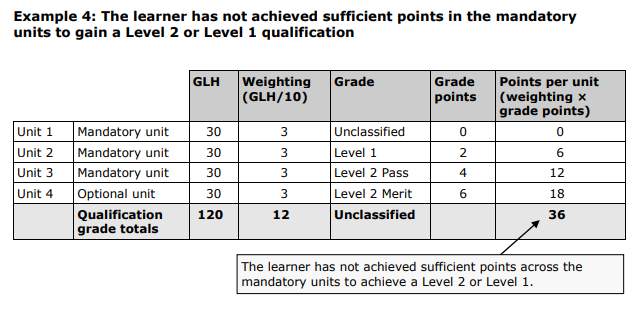- Home
- Curriculum
- Curriculum Overview
- Business
Business
Business studies at Park View is an option in Year 10 and is delivered in two formats –GCSE and BTEC First Award.
GCSE Business
The two year GCSE course provides a broad and rigorous insight into the world and business and economics.
The two year course is broken down into two themes.
Theme 1: Investigating small business
Theme 1 concentrates on the key business concepts, issues and skills involved in starting and running a small business. It provides a framework for students to explore core concepts through the lens of an entrepreneur setting up a business. In this theme, students will be introduced to local and national business contexts and will develop an understanding of how these contexts impact business behaviour and decisions. Local contexts refer specifically to small businesses or those operating in a single UK location and national contexts relate to businesses operating in more than one location or across the UK.
1.1 Enterprise and entrepreneurship
An introduction to business, looking specifically at how new business ideas come about, what drives change in business and the role of enterprise.
1.2 Spotting a business opportunity
This unit looks at markets in more details. Particularly the differing customer needs and how businesses explore, analyse and meet those needs. Topics include market segmentation, market mapping and the role competition plays.
1.3 Putting a business idea into practice
This is the first of two financial units. This covers sources of finance, calculations on costs, revenues and profits, as well as break-even analysis and how businesses use financial information.
1.4 Making the business effective
This unit cover business planning – including ownership, franchising and location, as well an introduction to the marketing mix.
1.5 Understanding external influences on business
Student will gain an understanding of how the economy works from this unit, including an insight into monetary and fiscal policy, exchange rates, stakeholders and the impact of legislation and technology.
Theme 2: Building a business
Theme 2 examines how a business develops beyond the start-up phase. It focuses on the key business concepts, issues and decisions used to grow a business, with emphasis on aspects of marketing, operations, finance and human resources. Theme 2 also considers the impact of the wider world on the decisions a business makes as it grows. In this theme, students will be introduced to national and global business contexts and will develop an understanding of how these contexts impact business behaviour and decisions. National contexts build on those in Theme 1 and relate to businesses operating in more than one location or across the UK. Global contexts relate to non-UK or transnational businesses. Students must develop an understanding of the interdependent nature of business activity through interactions between business operations, finance, marketing and human resources, as well as the relationship between the business and the environment in which it operates. Students must understand how these functional areas influence business activity and how interdependencies and relationships between them underpin business decisions.
2.1 Growing the business
This unit builds on previous work in sources of finance and asks students to analyse sources available for expansion. It looks at methods of expansion and how ethical and environmental concerns play a role in the expansion.
2.2 Making marketing decisions
This delves into the marketing mix in much more detail – looking at place, price, promotion and product and the importance of each of these for particular businesses.
2.3 Making operational decisions
From this unit students will understand the role of procurement, managing stock, the sales process, the production process and importance of productivity to it.
2.4 Making financial decisions
The second finance unit focuses on analysing business performance. This includes ratio, profit margins and the average rate of return, as well as looking at market data and evaluating the uses and limitations of data.
2.5 Making human resources decisions
The final unit is all about people – recruitment, motivation, training and development, communication and the management of personnel.
Assessment
Both of these themes are assessed with a 90 mark written paper at the end of the course, with each paper having a weighting of 50% of the overall grade.
The assessment is 1 hour and 30 minutes.
- Questions will relate to the content that appears in Theme 2 and students will draw on underpinning knowledge and understanding developed through Theme 1 as appropriate.
-
The paper is divided into three sections.
-
Section A: 35 marks
-
Section B: 30 marks
- Section C: 25 marks.
-
- Students must answer all questions.
- The paper will consist of calculations, multiple–choice, short–answer and extended–writing questions.
- The paper will include questions that target mathematics at a minimum of Key Stage 3 level.
- Questions in Sections B and C will be based on business contexts given in the paper.
The papers are identical in structure and require the same skills, as shown in the table below.
| students must: | % In gCSE | |
|---|---|---|
| A01 | Demonstrate knowledge and understanding of business concepts and issues | 35 |
| A02 | Apply knowledge and understanding of business concepts and issues to a variety of contexts | 35 |
| A03 | Analyse and evaluate business activity, make judgements and draw conclusions | 30 |
| Total | 100% | |
BTEC Business First Award (Level 1/2)
For BTEC Business we study the BTEC Business First Award with Edexcel. It has 120 guided learning hours and these consist of 4 units of work, 3 of which are mandatory units.
You will study three mandatory units, covering key aspects that underpin all business and the development of business models:
Mandatory units
Unit 1 - Introduction to Business
This unit introduces you to the language and terminology used in business. You will explore different types of business ownership and how they relate to the size and scale of a business. You will also explore how the type of ownership impacts on the responsibilities of the owners of a business. By combining all this with looking at different types of business model, you will begin to understand how diverse the world of business is.
You will use your understanding of business language to investigate what businesses do. You will examine their aims and objectives, how important it is that they know their market and their understanding of the influence of their stakeholders. You will gain an understanding of how and why businesses carry out market research to gain a better understanding of the market. You will have the opportunity to review the marketing mix of a selected business and make suggestions for improvement
Unit 2 - Finance for Business (Externally assessed 1 hour and 15 minute exam)
This unit explores the types of costs that businesses incur, from the initial start-up costs involved in setting up a business to the ongoing daily costs of running the business. You will then explore the ways in which the sale of products and services generates revenue, so that you can develop your understanding of profit.
Next, you will examine how businesses plan for success and learn about the techniques used to assist the planning process. In particular, you will learn how to calculate the break-even point – the point at which sales equal costs (fixed and variable). All sales over the break-even point produce profits, while any drop in sales below that point will produce losses. You will be introduced to the benefits of break-even analysis to ensure that a business knows how and when to prevent losses. As well as profit, cash is an important factor in business success. It is vital for any business to ensure that it budgets correctly and that it knows what money is coming in to the business and what needs to be paid out, and when. In this unit, you will learn how to use budgets and cash flow forecasts to deal with these important issues.
The final part looks at measuring success, including profit statements and the balance sheet.
Unit 3 - Enterprise in the Business World
Synoptic assessment, which means you will be able to draw on the knowledge, skills and understanding you have developed in the qualification as a whole.
Optional unit
Unit 4 - Promoting a Brand
You will investigate the importance of branding to a business, the types of branding that are available and why businesses need to review and update their brands. You will consider the important role of promotion and its place within the marketing mix.
You will investigate the different elements of the promotional mix and begin to understand why careful planning of the promotional mix is essential if a brand is to be successful. You will review branding methods and techniques and consider how businesses promote their brand images.
You will be encouraged to think of ideas for a brand and gain skills in developing promotional activities such as objective setting, selecting an appropriate promotional mix and justifying the choices you make when planning a promotional campaign for a brand.
Grades
There are a number of grades available for BTEC business and they are as follows:
- Level 2 – Pass, Merit, Distinction
- Level 1
- Unclassified
Grading
This course is graded according to the BTEC DMP grading criteria as set out below.
| Calculation of qualification grade | |
|---|---|
|
Award (120 GLH) |
|
| Grade | Minimum points required |
| U | 0 |
| Level 1 | 24 |
| Level 2 Pass | 48 |
| Level 2 Merit | 66 |
| Level 2 Distinction | 84 |
| Level 2 Distinction* | 90 |
Below are some scenarios to show how grades are awarded:







